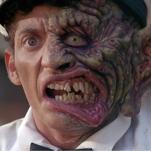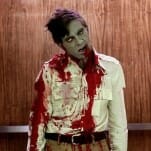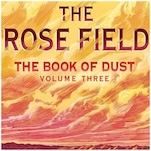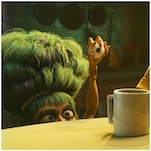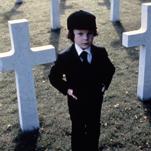TV Rewind: It Doesn’t Matter If Tony Soprano Dies in the End
Photo Courtesy of HBO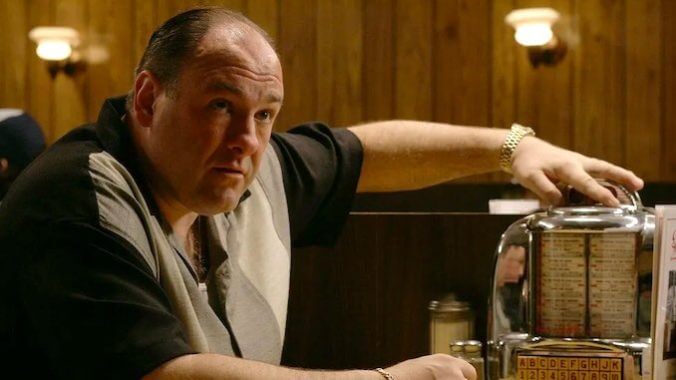
Editor’s Note: Welcome to our TV Rewind column! The Paste writers are diving into the streaming catalogue to discuss some of our favorite classic series as well as great shows we’re watching for the first time. Come relive your TV past with us, or discover what should be your next binge watch below:
![]()
The end of The Sopranos is one of the most famous and divisive finales in the history of television. Tony and his family gather in a diner, share some dope onion rings, and Journey’s “Don’t Stop Believin’” plays. Meanwhile, specific attention is paid to the guests coming in and out of the restaurant, the implication being that one of these people might off Tony. And why wouldn’t they? The mafioso just had crime boss Phil Leotardo whacked, and will likely spend the rest of his life in a state of paranoia, just waiting for the all-too-inevitable bullet. “You probably don’t even hear it when it happens, right?” his deceased brother in law Bobby Baccalieri once told him, and if it does happen to Tony in that booth, neither does the audience: Tony hears the door to the diner open, looks up, and the screen cuts to black.
Cue one of the most heated discussions in modern TV. Did Tony die, finally gunned down by one of the countless people he enraged over the course of the show? Was it just the arrival of his daughter Meadow, who has spent the entirety of the Journey song so far on a Herculean quest to parallel park properly? Was it simply another patron stepping into the diner, ready for their own plate of greasy food? Or was it Paulie, here to tell Tony more about the weird cat that keeps hanging around? Fourteen years later, series creator David Chase would settle it during a podcast discussion with The Hollywood Reporter: Yep, Tony got whacked.
However, and no disrespect to the people that have been arguing about this thing for the last decade and a half, but I don’t think it matters whether Tony dies or not. Not one bit.
The Sopranos is a series about ghosts. More specifically, it’s a series about being haunted—by the deceased, by the living, or otherwise. We see it from the very first episode, as Tony rants about the relationship between his bitter mother and late father, the latter of which still hangs in Tony’s head as the idolized emblem of masculinity. He’s been gone for years by the time the series starts, and Tony’s psychiatrist, Dr. Melfi, even later hints to Tony that his Dad wasn’t the close and aspirational figure in his memories. Tony won’t hear it.
But despite Tony’s eventual claim that “‘Remember when’ is the lowest form of conversation,” no one in the cast of characters can prevent these specters from warping and returning to them in an outsized fashion. We don’t just remember those from our past—they exist amongst us still. In The Sopranos, no one is ever actually gone. Their death or absence simply replaces them with something grander, or in some cases, more horrifying. When Carmela and Tony temporarily break up in Season 5, Carmela soon finds a large black bear roaming around her house, leaving her feeling as fearful and trapped as she did when Tony was physically around all the time. When Melfi is sexually assaulted, she has dreams of a large dog, once again a symbolical representation of Tony, viciously mauling her attacker.
-

-

-

-

-

-

-

-

-

-

-

-

-

-

-

-

-

-

-

-

-

-

-

-

-

-

-

-

-

-

-

-

-

-

-

-

-

-

-

-

